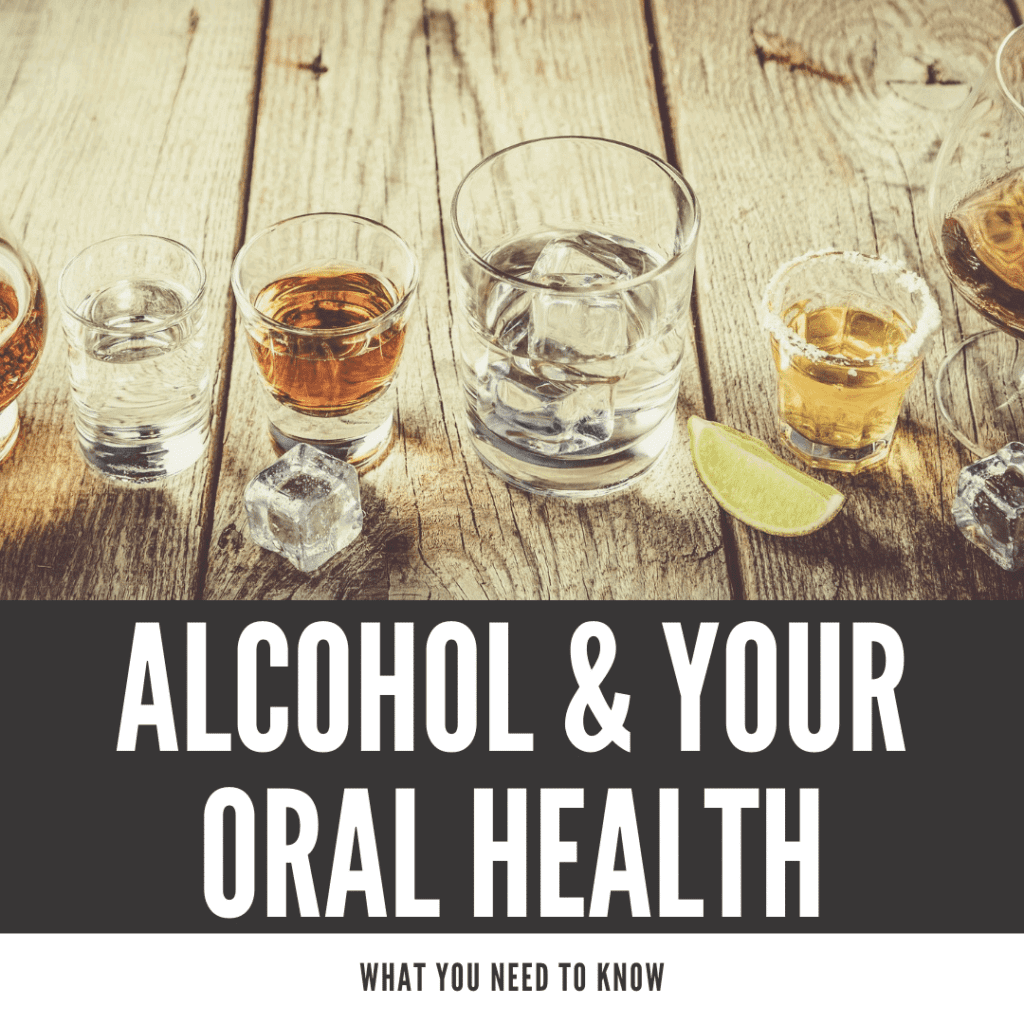Did you know that alcohol consumption can have a significant impact on your oral health? It’s true! In fact, drinking too much alcohol can lead to tooth decay, gum disease, and other oral health problems. In this blog post, we’ll discuss the effects of moderate and excessive alcohol consumption on oral health. We’ll also provide tips for keeping your teeth and gums healthy-even if you enjoy a drink or two!
In order to understand how alcohol affects oral health, we first need to define “moderate” and “excessive” consumption. According to the Centers for Disease Control (CDC), moderate drinking means up to one drink per day for women of all ages or two drinks per day for adult males. Excessive alcohol consumption is defined as more than eight drinks per week for women and more than fifteen drinks per week for men.
Both moderate and excessive drinking can lead to tooth decay, gum disease, and other oral health problems, but these risks are increased based on how much an individual drinks.

Tooth Decay
Tooth decay occurs when acids from bacteria in plaque damage the teeth. This can happen when you drink sugary or acidic alcoholic beverages, like those mixed with soda or fruit juice, and it’s also a common side effect of excessive alcohol consumption. Alcohol itself breaks down into sugars, which feed oral bacteria and increase acidity in the mouth. This damage is compounded by mixers that contain sugar and/or additional acids.
Gum Disease
Gum disease is an infection of the gums that can lead to tooth loss if left untreated. It is primarily caused by plaque and bacteria that accumulate along the gum line. Unfortunately, alcohol causes more plaque to form, which significantly increases the likelihood of developing gum disease. Additionally, one study found that people who drink alcohol have more “bad” bacteria and less “good” bacteria, which can also make gum disease more likely.
Dry Mouth and Bad Breath
Many alcoholic drinks, particularly the sugary and/or acidic varieties, can be very dehydrating. Dry mouth is a condition that occurs when there’s not enough saliva in your mouth to keep it healthy-and this lack of moisture makes tooth decay more likely. Additionally, alcohol can cause bad breath because it increases the amount of bacteria in your mouth.
Protecting Your Oral Health
So what can you do to protect your oral health? Here are a few tips:
-Drink in moderation: Limiting your alcohol consumption to the recommended amounts will help reduce your risk for tooth decay and gum disease.
-Brush and floss regularly: Brushing twice a day and flossing daily is the best way to prevent tooth decay and gum disease.
-Avoid or minimize your consumption of sugary alcoholic drinks that contain soda or fruit juice, which can lead to tooth decay. If you do drink them, swish with water afterwards!
-Visit your dentist regularly for checkups and professional cleanings: A good oral hygiene routine at home is important, but it’s not enough to keep your teeth and gums healthy. Regular dental visits are essential for preventing and/or catching problems early.
While moderate alcohol consumption generally doesn’t have too many negative effects on oral health, excessive drinking can be very harmful. If you’re concerned about how alcohol is affecting your teeth and gums, talk to your dentist. They can help you create a plan to maintain healthy oral health-even if you enjoy a drink or two!



